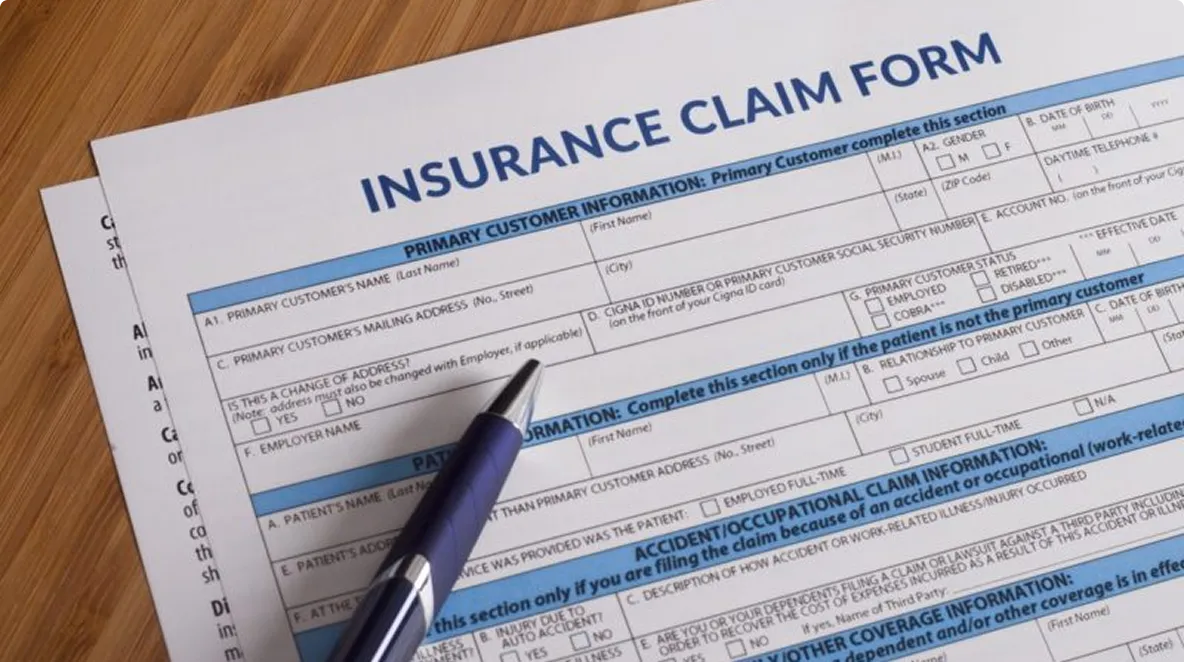 Office Hours: Monday – Friday: 9:00 AM – 5:00 PM
Office Hours: Monday – Friday: 9:00 AM – 5:00 PM
Protecting Your Assets: Auto and Home Insurance Essentials
Florida has specific auto insurance requirements and unique considerations
that drivers need to understand.
Home Insurance in Florida
Florida's unique weather challenges and risks require special consideration when
choosing homeowners insurance.
Windstorm Coverage
Standard homeowners policies may exclude or limit coverage for hurricane and windstorm damage. You may need separate windstorm coverage or a policy that specifically includes
this protection.
Flood Insurance
Flood damage is typically excluded from standard homeowners policies. If you live in a flood-prone area, you'll need separate flood insurance through the National Flood Insurance Program or a private insurer.
Sinkhole Coverage
Florida is prone to sinkholes, and coverage for sinkhole damage may be limited or
excluded from standard policies. Consider
adding sinkhole coverage if you live
in an area with sinkhole risk.
Cost vs. Actual Cash Value
Understand the difference between replacement cost coverage, which pays to rebuild or replace damaged property at current prices, and actual cash value coverage, which factors in depreciation.
Auto Insurance in Florida
Florida's unique weather challenges and risks require special consideration when
choosing homeowners insurance.

Required Coverage
Florida requires all drivers to carry Personal Injury Protection (PIP) and Property Damage Liability coverage. These minimum requirements may not provide adequate protection in all situations.

No-Fault State
Florida is a no-fault state, which means your own insurance company pays for your medical expenses and lost wages regardless of who caused the accident, up to your policy limits.

Uninsured Coverage
While not required in Florida, uninsured motorist coverage is highly recommended to protect you if you're in an accident with a driver who doesn't have insurance.

Additional Options
While not required in Florida, uninsured motorist coverage is highly recommended to protect you if you're in an accident with a driver who doesn't have insurance.
Answers to Common Insurance Questions
Q: What's the difference between an independent agent and a captive agent?
An independent agent represents multiple insurance companies and can shop the market to find the best coverage for your needs. A captive agent represents only one insurance company and can only offer products from that company.
Q: How often should I review my insurance coverage?
A: You should review your insurance coverage annually or whenever you experience a major life change, such as marriage, divorce, the birth of a child, buying a home, or retirement.
Q: What factors affect my insurance premiums?
A: Insurance premiums are based on various factors including your age, health, driving record, credit score, location, coverage amounts, and deductibles. The specific factors vary by type of insurance.
Q: When should I sign up for Medicare?
A: You should sign up for Medicare during your Initial Enrollment Period, which begins three months before the month you turn 65. Delaying enrollment may result in late enrollment penalties.
Q: Can I keep my employer health insurance instead of enrolling in Medicare?
A: If you're still working and have employer health insurance, you may be able to delay Medicare enrollment without penalty. However, the rules vary depending on the size of your employer, so it's important to understand your specific situation.
Q: What's the difference between Medicare Advantage and Medicare Supplement?
A: Medicare Advantage is an alternative way to receive Medicare benefits through private insurance companies, while Medicare Supplement (Medigap) works alongside Original Medicare to help pay for costs that Medicare doesn't cover.
Q: How much life insurance do I need?
A: The amount of life insurance you need depends on your income, debts, final expenses, and your family's future financial needs. A common rule of thumb is 10-12 times your annual income, but your specific needs may be different.
Q: Can I get life insurance if I have health problems?
A: Yes, there are life insurance options available for people with health problems, including simplified issue and guaranteed issue policies. However, these policies may have higher premiums or lower benefit amounts.
Q: What happens if I stop paying premiums on my life insurance policy?
A: The consequences of stopping premium payments depend on the type of policy you have. Term life insurance will simply end, while permanent life insurance may have options such as using cash value to pay premiums or converting to a reduced paid-up policy.


